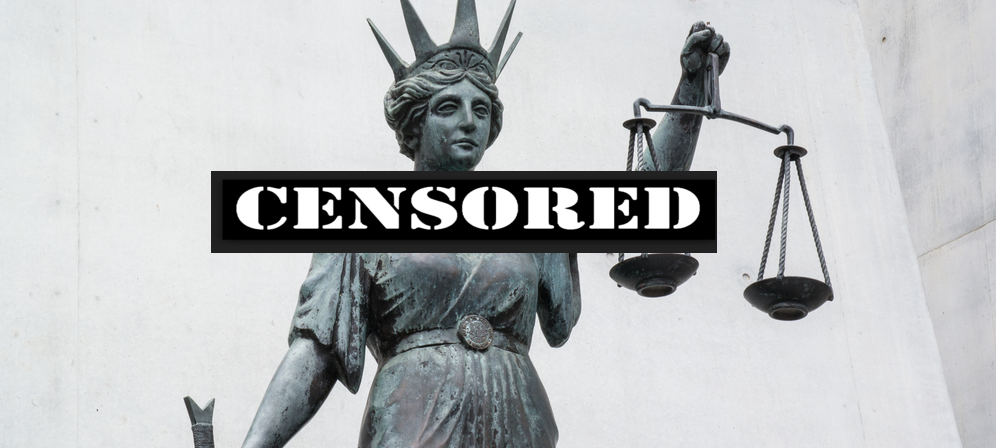The high-profile trial of Attorney General Kathleen Kane took a decidedly anti-climactic turn last Friday when she declined to testify in her own defense. Generally, when a defendant doesn’t take the stand, it’s a sign that she is confident of victory. But Kane had just heard some damning testimony from Josh Morrow, her one-time consultant, who now says he lied twice before grand juries to protect her and that she covered up her role in the leak of secret grand jury testimony meant to discredit her rival.
It was, like so much else in this case, a head-scratcher. Last fall, in a series of articles, I laid out the charges and counter-charges of L’affaire Kane:
Like the narrative thus far, the trial only confirmed our most cynical assumptions about those who lead our political and judicial lives. Kane, who wrote “This is war” in an email about her fight-to-the-death feud with former prosecutor Frank Fina? Morrow, the flip-flopping whistleblower who would have the jury believe he changed his perjured testimony because he was struck by a guilty conscience? Former Kane aide (and onetime boyfriend) Adrian King, a smart lawyer who testified that he didn’t know he had passed on the leaked material to a reporter because he’d never looked inside the envelope? All the judges, D.A.’s, and U.S. Attorneys who giggled like pimply teens over that racist, homophobic and sexist email chain that Kane brought to light to discredit her accusers? There is only one unavoidable conclusion: They all deserve one another.
So why didn’t we hear from Kane on the stand Friday? I keep returning to what Duquesne University law professor Bruce Ledewitz told me last November 24. The leaking of grand jury information is actually only a misdemeanor; the only charges that truly matter are those for felony perjury. “Any prosecutor will tell you that perjury is incredibly hard to prove,” Ledewitz said. “The irony is that had Kane just said, ‘I did it and I’m sorry’ when first accused of leaking grand jury information, we wouldn’t be where we’re at.”
That’s the real tragedy here—how unnecessary all this drama has been. As I’ve written, Kane has proven that there’s an old boys’ club throughout the Pennsylvania judiciary and, given that she explicitly had run for office against it, it was no doubt out to get her. But instead of taking the high road, Kane reacted with hubris and sought revenge. She may have made a smart move by declining to testify—any defense lawyer will advise a client that the chance of committing perjury goes up in direct proportion to how much you talk.
Like the narrative thus far, the trial only confirmed our most cynical assumptions about those who lead our political and judicial lives. There is only one unavoidable conclusion: They all deserve one another.
But, in all other respects, Kathleen Kane has not been so smart. In fact, she violated what I have come to call The Greenfield Postulate of Public Service. In 1987, Jeff Greenfield, a former Bobby Kennedy speechwriter turned journalist, was asked what his advice would be were he on the staff of Gary Hart. At the time, the former senator from Colorado was the front-runner for the Democratic nomination for president. Amid rumors of his womanizing, he had challenged the press to follow him—proclaiming that they’d be very “bored.” Sure enough, a sex scandal erupted.
Greenfield said he would tell Hart that, considering the breadth of his ideas, legislative accomplishments, and temperament, he was uniquely qualified to be president. Which, Greenfield said, would make it all the more painful to deliver his unvarnished advice: “In light of recent events, Senator, you’re too stupid to be president.”
Greenfield was in town for the DNC when I caught up with him at an event for a new book about Kennedy. We shared a laugh over the Postulate. If only Kathleen Kane had had someone on her staff like Greenfield, instead of a sycophant like Morrow. Then maybe someone would have broken the news to her: “In light of recent events, you’re too stupid to be Attorney General.”





